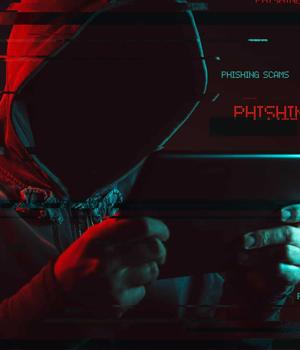Security News > 2021 > July > Quantum Key Distribution: Is it as secure as claimed and what can it offer the enterprise?

Quantum security expert, mathematician and security researcher Dr Mark Carney explains there "Are a few fundamental requirements for QKD to work between Alice and Bob, these being a quantum key exchange protocol to guarantee the key exchange has a level of security, a quantum and classical channel between A and B, and the relevant hardware and control software for A and B to enact the protocol we started with."
"They've had a lot of scrutiny, but they are generally considered to be solid protocols," Dr Carney says, "And when you see people claiming that 'quantum key exchange is totally secure and unhackable' there are a few things that are meant: that the key length is good, the protocol can detect someone eavesdropping on the quantum channel and the entropy of the system gives unpredictable keys, and the use of quantum states to encode these means they are tamper-evident."
Professor Rob Young, director of the Quantum Technology Centre at Lancaster University, agrees that there is a gap between an ideal QKD implementation and a real system, as putting the theory into practice isn't easy without making compromises.
"QKD is attractive here because it provides security against the 'tap now, decrypt later' risk, where data could be stored and decrypted when a quantum computer becomes available."
The biggest misunderstanding about QKD vs classical key exchange.
"Dr Carney adds:"In closing, all this leaves us with the biggest misunderstanding about QKD vs classical key exchange; in classical key exchange the mathematics that makes Elliptic Curve Diffie-Hellman Ephemeral or your favourite Post-Quantum Cryptography key exchange secure is distinct and independent of the physical channel that is being used for the protocol.
News URL
https://go.theregister.com/feed/www.theregister.com/2021/07/06/quantum_key_distribution/